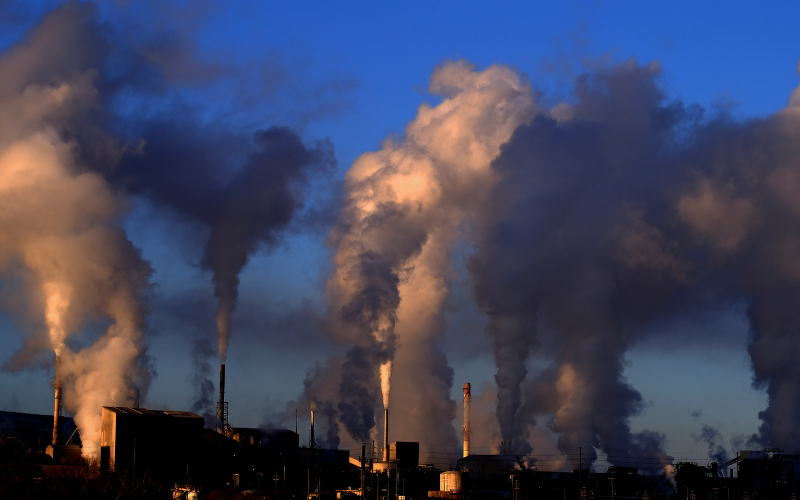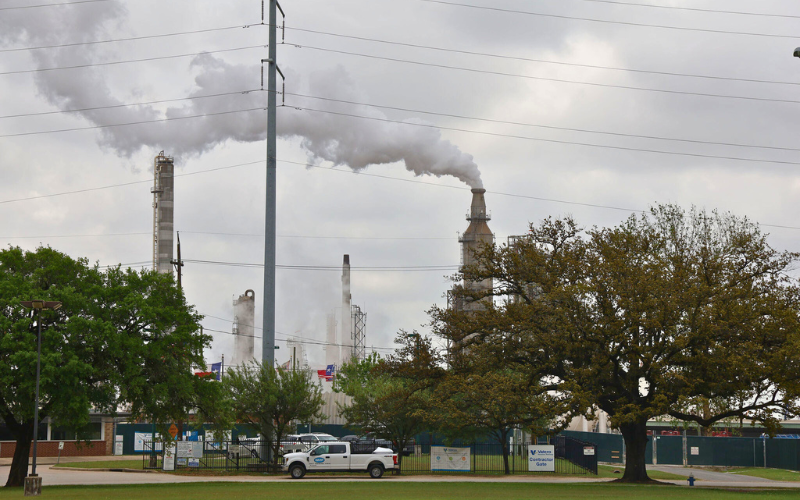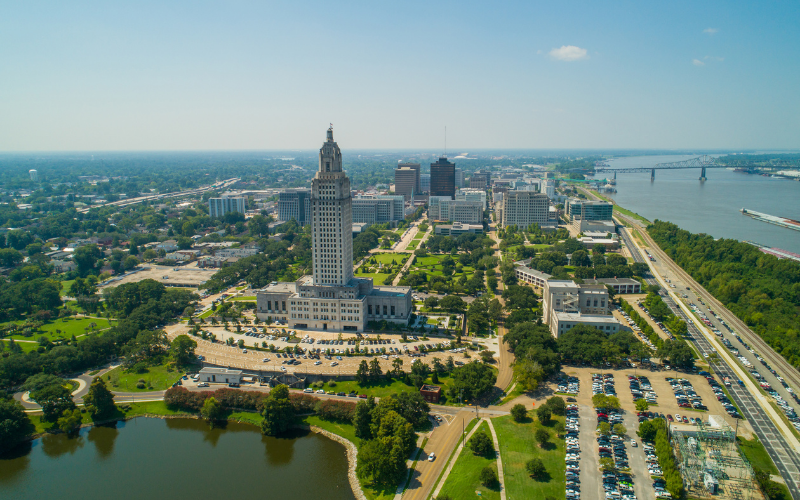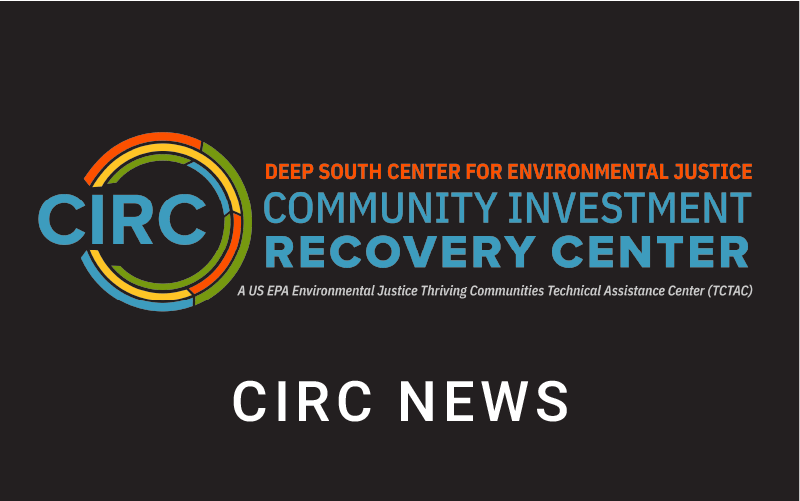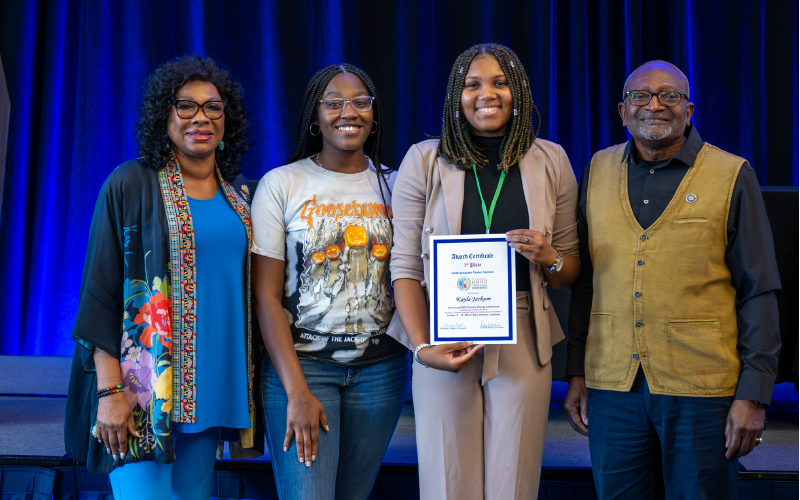Dr. Beverly Wright and Dr. Robert D. Bullard released the following statements in response to EPA rule
FOR IMMEDIATE RELEASE – April 26 2024
Contact:
Ginger LeBlanc
media@dscej.org
David Castillo
David.Castillo@tsu.edu
(NEW ORLEANS, LA) Yesterday, the U.S. Environmental Protection Agency announced a suite of final rules to reduce pollution from fossil fuel-fired power plants with the goal of protecting all communities from pollution and improving public health without disrupting the delivery of reliable electricity.
Joint Statement from the Deep South Center for Environmental Justice and Bullard Center for Environmental and Climate Justice
While we commend the Biden administration and the EPA for heeding the concerns voiced by our environmental justice communities and taking action, we will continue to advocate for bolder pollution reductions and a transition to renewable energy.
These new rules are narrowly targeted to address mercury and coal ash pollution. Mercury from power plants is one of the main sources of mercury contamination in food and fish, which poses a serious threat to public health, disproportionately affecting pregnant people and children.
While the focus in these areas is welcome and will usher in life-saving changes for many communities, we remain deeply concerned about the use of carbon capture storage (CCS) technology as part of the solution. During this process, a power plant’s CO2 is collected, carried by pipeline, and injected underground as permanent waste storage. This three-step process aims to shift the emissions of CO2 in the air where it enters the atmosphere to disposing of it below ground.
In the atmosphere, CO2 contributes to the climate crisis by trapping heat on the planet. In a pipeline, CO2 can leak and displace oxygen with disastrous consequences for nearby communities. Once underground, CO2 can contaminate groundwater used for drinking, trigger earthquakes, and escape above ground through unplugged wells.
The industrial release of CO2 is harmful wherever it goes. Current industrial plans for deploying CCS are concentrated in vulnerable and overburdened communities in the Gulf Coast Region. In response to this injustice, communities in Louisiana and Texas are rising up in defense of their health and safety and the wellbeing of future generations. Residents are leading efforts to transition away from dirty energy to efficient and renewable solar and wind energy. This transition must be just, fair and equitable to address structural inequality that has systematically left out and left behind our most vulnerable populations and communities.
Furthermore, the new rules fall short in a clear, rigorous cumulative impacts assessment component, which is critical to addressing the health and well-being of environmental justice communities. Gulf Coast environmental justice communities have been overburdened with pollution for so long, it is high time that the laws of the land protect them and work to clean up the historical pollution. The new rules also fall short of addressing methane gas-fired power plants, facilities which also plague overburdened communities.
Quote from Dr. Beverly Wright, Founder & Executive Director of the Deep South Center for Environmental Justice:
“Once again, under Michael Regan’s leadership, the EPA has taken an important step forward in reducing pollution in our air and attempting to create healthier communities across the country. Carbon capture storage remains one of the biggest threats to communities of color being harmed by the polluting industries that exacerbate our climate crisis. Through our ongoing dialogue with EPA on a host of issues, we voice our opposition to CCS regularly. Along with an overreliance on CCS, the new rules do not sufficiently address methane gas-fired power plants, which are overwhelmingly located in communities with Black and brown residents. We will continue to hold policymakers accountable for enforcing these new rules and relentlessly fighting against CCS. The EPA needs to reduce climate pollution, not shift it.”
Quote from Dr. Robert D. Bullard, Founder & Executive Director of the Bullard Center for Climate and Environmental Justice:
“We applaud the toxics and hazardous waste reductions at power plants proposed by the EPA. These new rules are an important step toward justice for our most disadvantaged communities. Yet, the new rules are not enough. The EPA must incorporate consequential cumulative impact assessments of pollution and other environmental stressors, and truly address the inequity that persists in our frontline communities. We are also gravely disappointed that the vehicle for greenhouse gas reductions is through carbon capture and sequestration. Carbon capture and sequestration is a ruse and has no place in our discussion of a justice-centered transition away from fossil fuels pollution.”
###
About the Deep South Center for Environmental Justice
Families in the Gulf Coast deserve to live in communities that are free from deadly air and are more resilient to climate change and extreme weather. The Deep South Center for Environmental Justice (DSCEJ) works to empower and engage communities to put environmental justice and equity at the center of all climate action. Led by environmental justice scholar and advocate, author, civic leader, and professor of Sociology Dr. Beverly L. Wright, the DSCEJ uses research, education, and community and student engagement to advocate for policy change, lead health and safety training for environmental careers, develop social and emotional community wellness programs, and create new and environmentally healthy opportunities for the residents of communities disproportionately impacted by historic environmental injustice.
About Bullard Center for Environmental and Climate Justice
The Bullard Center for Environmental and Climate Justice at Texas Southern University addresses longstanding issues of systemic inequality and structural racism that cause disproportionate pain, suffering, and death in Black and other people of color communities. The Center is directed by environmental justice scholar Dr. Robert D. Bullard and is housed in the Barbara Jordan-Mickey Leland School of Public Affairs. It strives to be a leading force for transformative environmental, climate, and racial justice using rigorous science, community-driven research, policy, civic engagement programming, and effective advocacy.

